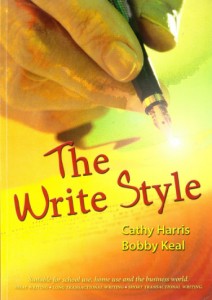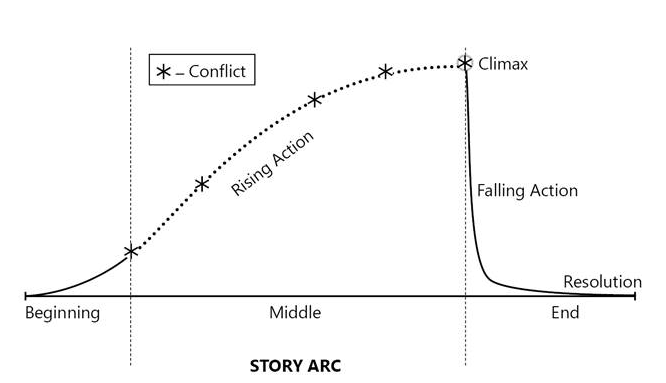This lesson follows Creative writing tips : Part 1.
Being able to write a good narrative essay is an important part of creative writing. In this blog post, we will outline some of the essential things to bear in mind when tackling a narrative essay. Other types of essays will be covered in future blog posts, so watch this space!
A narrative essay should tell a story and entertain the reader. Remember that this type of essay is not a summary of a novel, but rather focuses on a brief moment in time.
When writing an essay like this, keep the reader interested and entertained by focusing on a limited number of characters within one setting. If you can write about something that you yourself have experienced, so much the better. This makes your story more believable and easier to write.
Characteristics of a narrative essay:
- It tells a story.
- It is normally written in the past tense.
- It usually consists of three parts: an introduction, a body consisting of paragraphs, and a conclusion.
- The introduction should immediately capture the attention of the reader and set the scene for the essay.
- Characters are developed.
- Detailed descriptions of people, places, objects, and actions are given.
- A problem or difficult situation is introduced.
- Tension builds up until a climax is reached.
- The problem or difficulty is resolved.
- The conclusion can either resolve the issue, or leave the reader with food for thought.
Have a look at the previous creative writing post on this blog to refresh your memory of the Story Arc, which shows how a story should be developed.
 The advice you have just read has been adapted from a very useful book published by Shuters called The Write Style, which is a user-friendly reference book which provides all you need to know about how to tackle common writing tasks.
The advice you have just read has been adapted from a very useful book published by Shuters called The Write Style, which is a user-friendly reference book which provides all you need to know about how to tackle common writing tasks.




 Eat a healthy diet. It is extremely tempting to keep snacking on chips, sweets and chocolates while studying, but these snacks won’t help your body in the long term. Try to eat foods that will keep you fuller for longer. Aim for a balanced diet, with lots of fruit and vegetables.
Eat a healthy diet. It is extremely tempting to keep snacking on chips, sweets and chocolates while studying, but these snacks won’t help your body in the long term. Try to eat foods that will keep you fuller for longer. Aim for a balanced diet, with lots of fruit and vegetables.